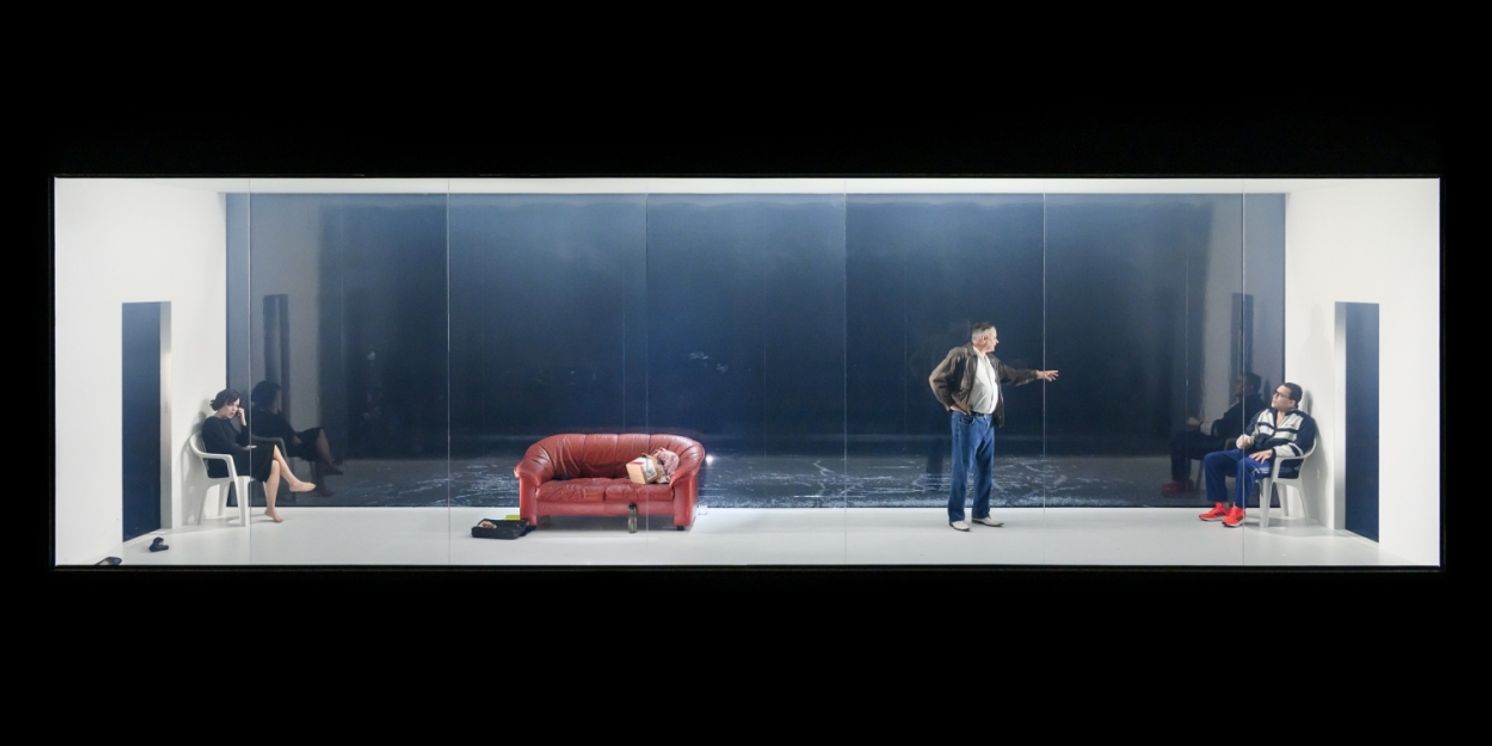Review: GENGÅNGARE BY IBSEN At Stadteatern
New modern adaption of Ibsens play

Gengångare/regulars of Ibsen revolve around Mrs. Alving, who is interpreted with great intensity and emotional strength by Helena af Sandeberg. Mrs. Alving's husband cheated on her and she carries family secrets that are about to explode now that son Oswald (Emil Johnsen) has come home and shows interest in Regine (Matilda Ragnerstam) who works and lives in the house. The father Carpenter Engstrand (Gerhard Hoberstorfer) wants to take her home with him. Pastor Manders (Johannes Kuhnke) is visiting and there is tension between him and Mrs. Alving. The question is how far Mrs. Alving is prepared to go to preserve the family secrets. The dilemma of what she should choose and be able to live with the consequences. The male ideal feels out of date, but unfortunately we have not come as far as we would like regarding women's rights. Other things such as venereal diseases, incest, which were taboo when the play came out in 1881, can now be included and brought up without it evoking the same emotions. Oswald is terminally ill and active euthanasia is still not allowed.
Now Ibsen is played both at Dramaten (Lille Eyolf) and here at Stadsteaten Gengångere. Both plays offer exceptionally powerful and highly engaging acting. It's not a play you leave unmoved. Just like at Dramaten, it is Sven Haraldsson who is responsible for the scenography and also uses directly filmed sequences here. A grip that also gives more distance than closeness, creating a cinema feel instead of the here and now. The distance is somewhat greater here because it largely takes place in a room with a glass fund towards the audience. Nice touch that we look through the glass into their home, but the glass further distances and filmed sequences. Becomes a bit too similar scenic approach when it is used on two sets so close together in time.
Is it the case that it is believed that the audience cannot cope with strong emotions directly from the stage? Now the actors are so skilled that they reach out despite that.
Reader Reviews

Videos


